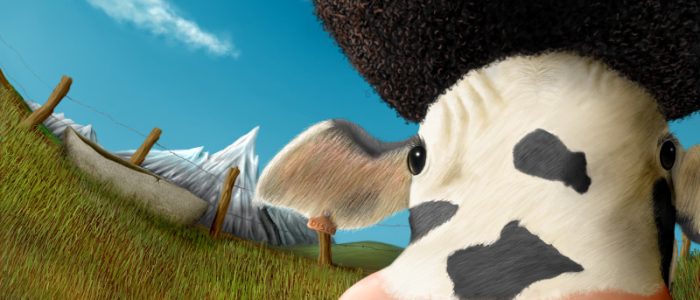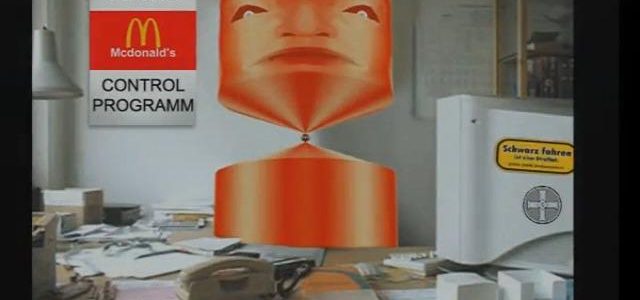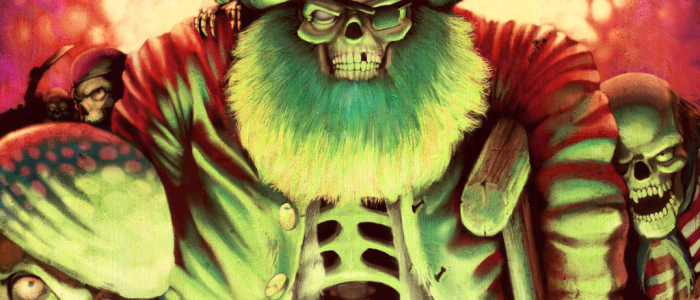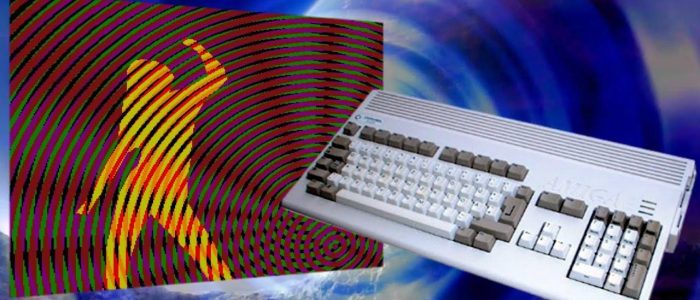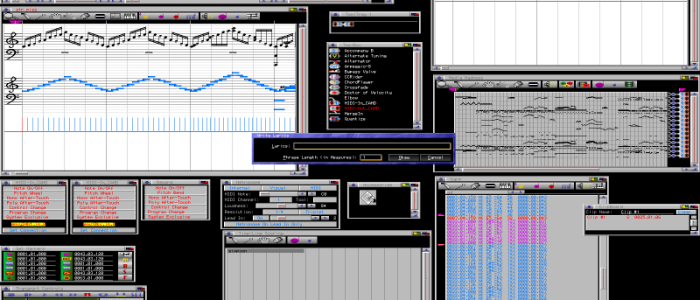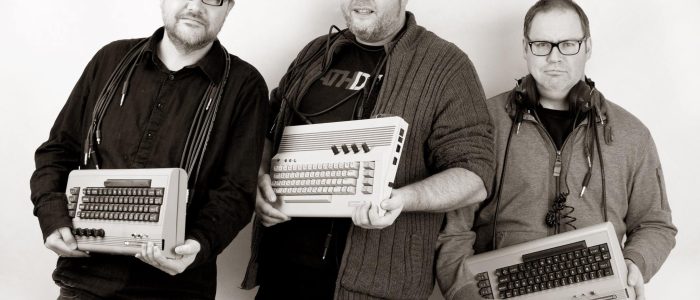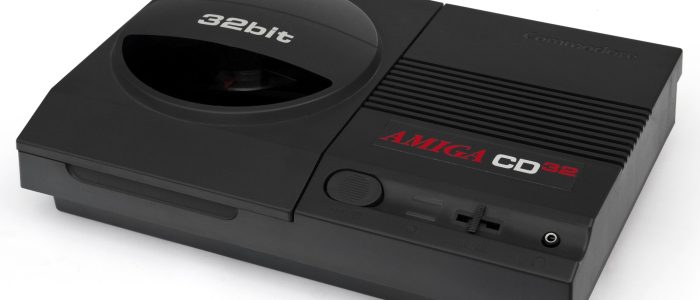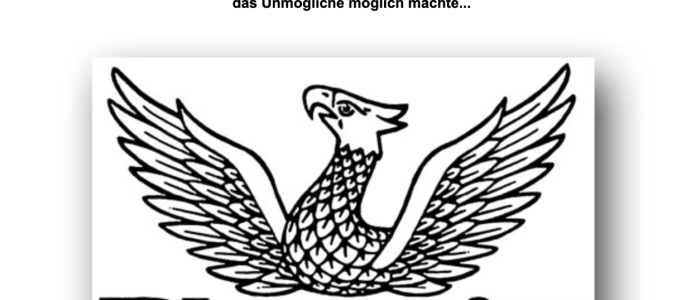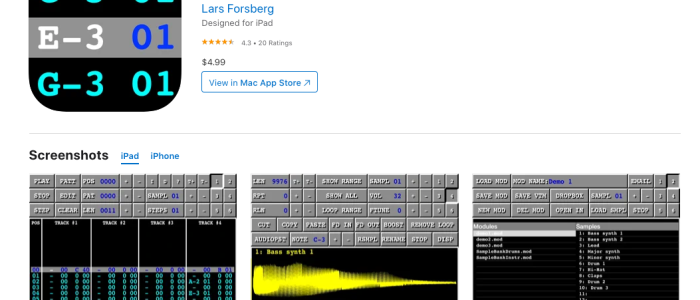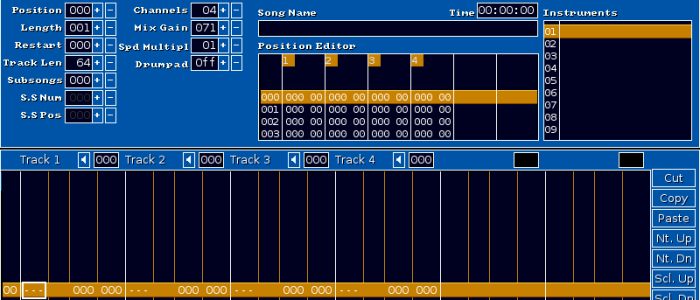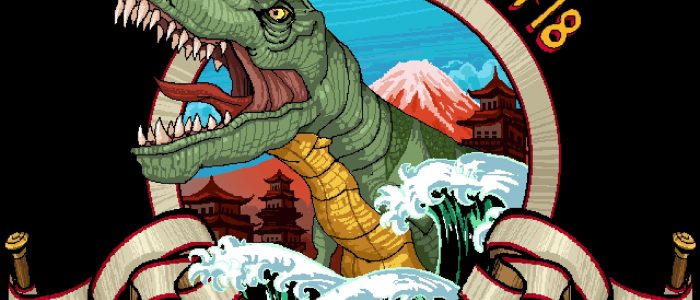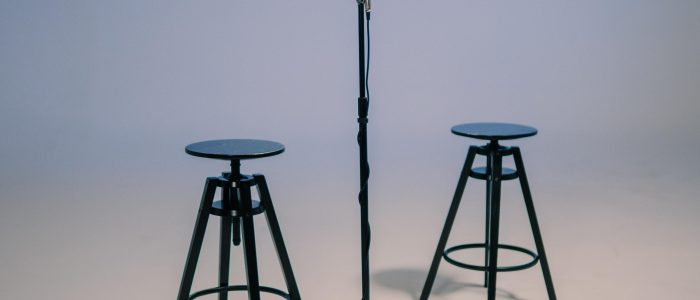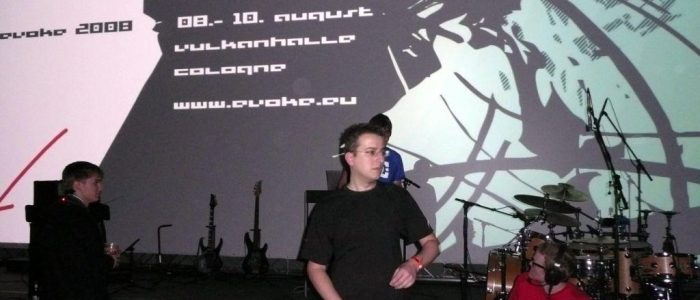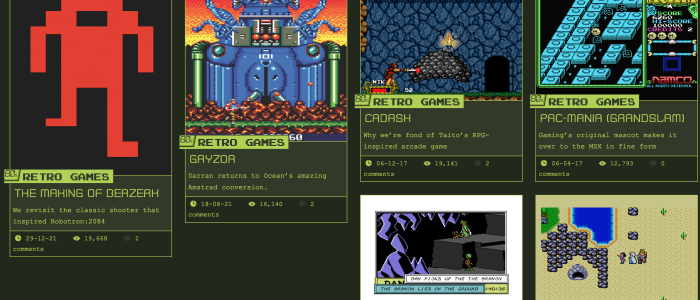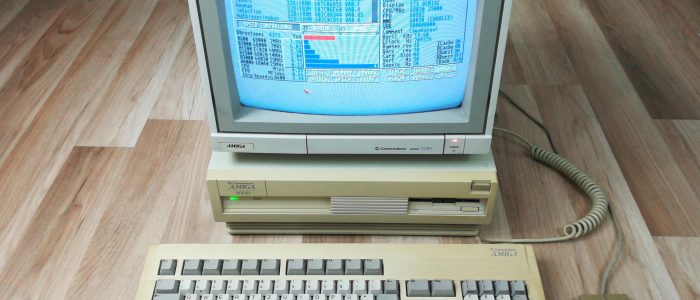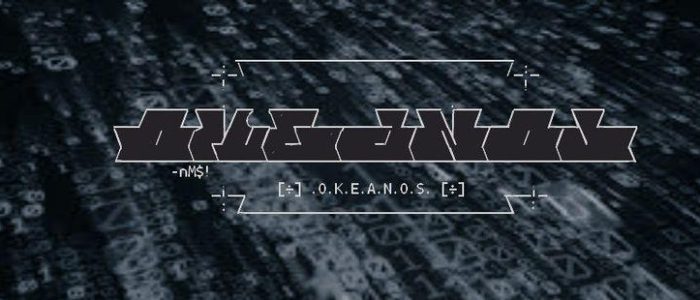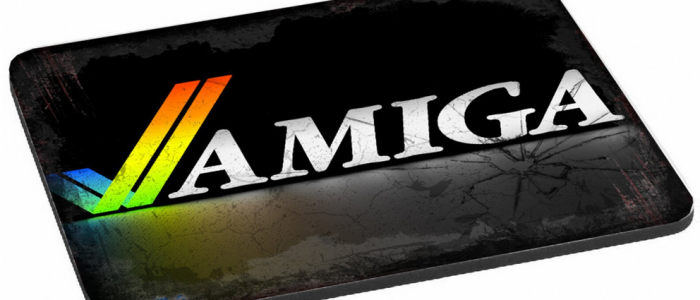The father of public domain software, Fred Fish, died. During the years he produced more than 900 disks with free software to use and copy.
Fred Fish, rest in peace! As you could read the news at Bitfellas.org, at Friday the 20th of April, one of the fathers of the freely available software and one of the most popular Amiga veterans died at the age of 51 at home.
If you ask yourself who’s the outrider of the idea of public domain software, his name should come first into your mind. The american programmer from Arizona, born in 1952, distributed the homonymous pd-series with more than 1.000 disks.
It all began in November 1985
The program archive, called „Fish disks“ was started in November 1985, shortly after the release of the Amiga 1000. Most people called it the „Amiga lib disks“, this series should be remembered as the worldwide biggest collection of pd-software, which was ever produced.
In Europe it found quite a lot imitators, computer clubs and software dealers, doing their own series, such as A.U.G.E. 4000, AgnusPD, Augs, Nordlicht, Poseidon, SaarAG, Schatztruhe, Oase, Spielekiste, UnionSoft and many more, but none of them could compete with the original fish disks from Fred. His lib disks were dominating the market with their topicality. And the support they received from programmers from all over the world. Fred and his assistants tested all the stuff in an exhausting detail work. They checked it whether they were virus infected, indexed, published and send the files as tapes and disks in masses around.
The rights remained where they belong, the originators always kept them. They merely had to agree with a free distribution of their works. Some programmers submitted temporal versions getting invalid after a few weeks of its usage. Other files were commercially as shareware. That way people who wanted to sell their programs could make sure people would know about their applications or the name of their software studio and probably the one or other would then buy the title in order to get rid of the nerve-requester.
Fred Fish disks became CDs and later the Aminet
Many years later Fish and his assistents began distributing their complete works on CD. With the rising denotation of the internet his disks were detached by the Aminet a compareable software collection, which has originally been established by the Swiss Amiga freak Urban Müller.
Speaking of Fred Fish, he didn’t have any ambitions regarding that way of distribution. He’s well-known for his work on a GNU debugger and ported a lot of UNIX-programs to BeOS. Temporarily, he worked for the „Be Corporated“ company, the firm behind the alternative „BeOS“ operating system. The assignment between this and the AmigaOS didn’t happen accidentally. The best ideas and features of varying operating systems like Linux, AmigaOS, Windows etc. were combined in BeOS.
Douglas Adams, the author of the cultbook-series „Hitchhiker’s Guide to the Galaxy“ would say it that way. „Fred: Rest in peace. So Long, and thanks for all the (masses of) fish! At Bitfellas.org a condolence thread was started directly after his death became public.
Related links:
Spindazzle Blog
All fish disks at funet.fi
Aminet.net
Fred Fish at the english Wikipedia.org
Website from Fred Fish and his wife.
At the article image on top you can see the following people. Left to right: Fred Fish, Jason Compton and Dave Haynie. The picture was shot in the middle of the 90s. Photo by Arxaaron, thx! (CC BY-SA 3.0)
So long Fred, R.I.P. and thanks for all the fish disks !!!




